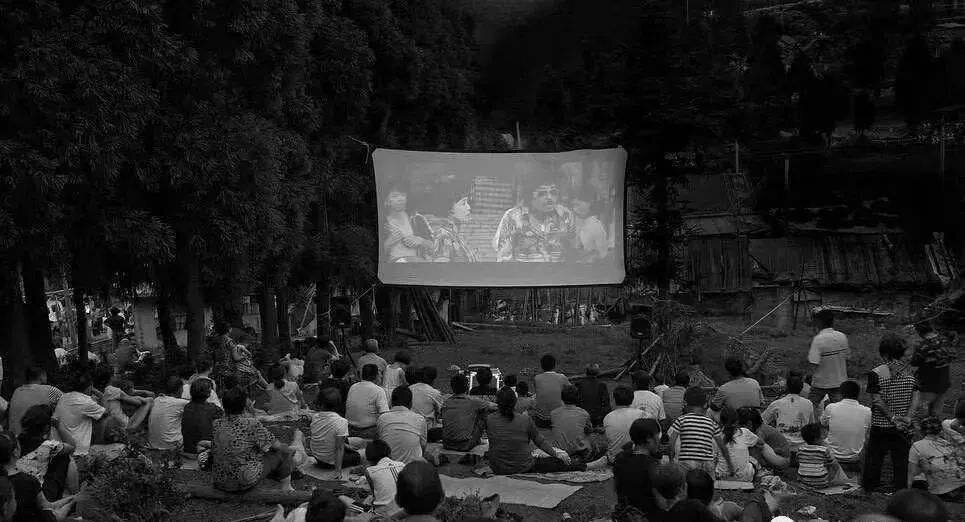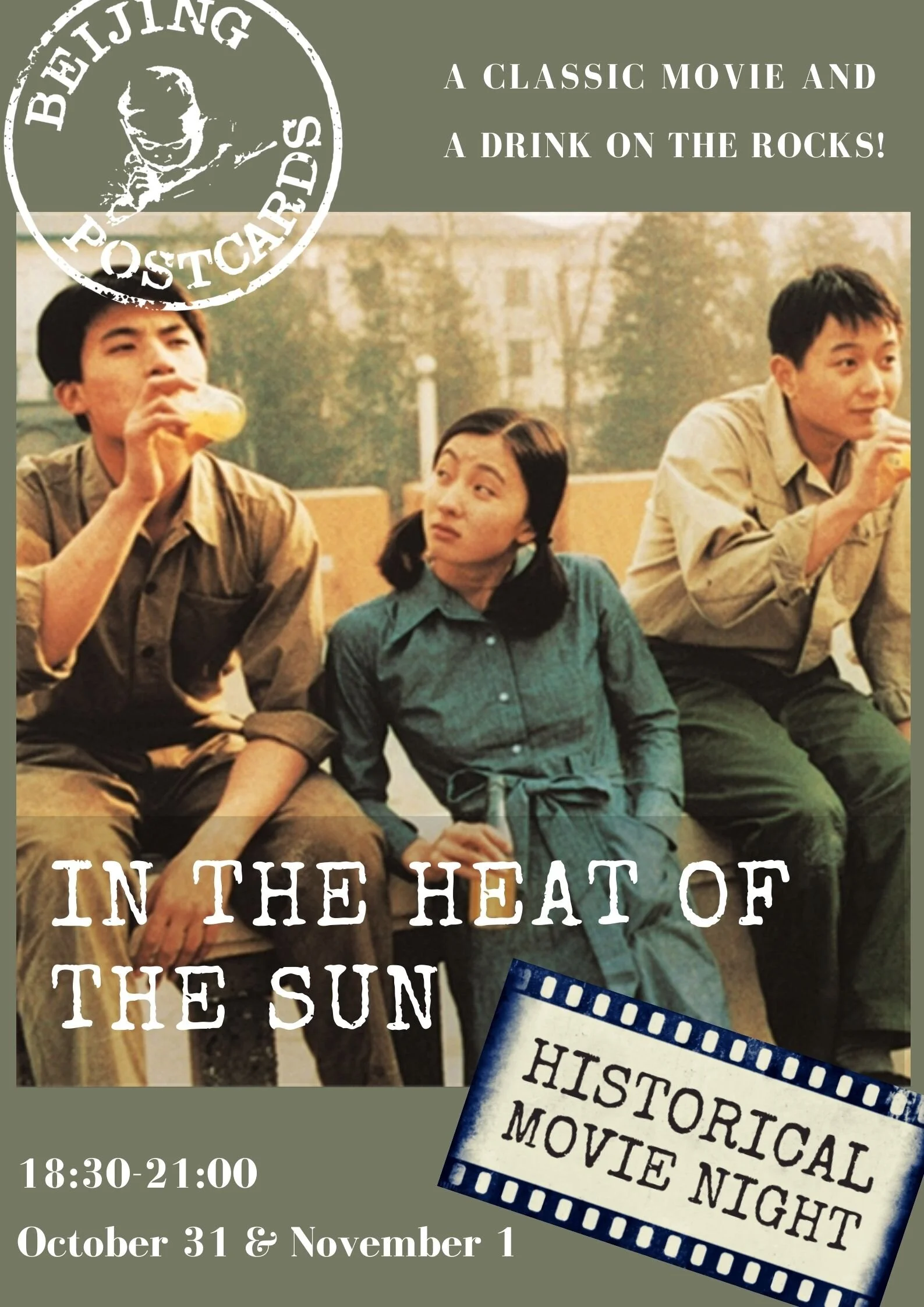
Beijing Postcards Historical Movie Night
Indulge your inner nerdiness
It often takes a little bit of a push to watch a different kind of movie. This is where our Historical Movie Night comes in! Beijing Postcards has dug into the amazing world of Chinese cinema and found films that you have probably not lately watched on Netflix, which can inspire you with new perspectives on the amazing history of the city of Beijing. But don’t worry - our highflying vision will have a soft-landing as Xiao Pan, the bartender of Beijing Postcards, will prepare cocktail for us, in order too smoothen our intellectual pursuits.
We always start off with an introduction to historical background before we watch the movie, and all movies are with English subtitles.
Stay tuned on WeChat
New Women 《新女性》
New Women is a feminist masterpiece from 1935 set in Shanghai. It portrays the ruthless exploitation of a female author that tries to make a career in a male dominated industry. The movie caused a stir when it was released not least because the lead actress Ruan Lingyu committed suicide on the International Women’s Day on March 8, 1935. Ruan Lingyu had a story very similar to the role she played in New Women.
Shower 《洗澡》
The businessman Liu Daming returns home from Shenzhen to the family owned hutong bathhouse after mistakenly believing his father has died. It has been years since he connected with his family, and he has been too embarrassed to tell his wife about his humble upbringing and intellectually disabled brother. Liu Daming’s journey helps him to rediscover and reconnect with his family in unexpected ways. ”Shower” is a witty and heartfelt portrait of life in the hutongs of Beijing.
The Blue Kite 《蓝风筝》
1954. In an idyllic Beijing hutong, a boy is born into a family full of hope for the future. As destiny would have it, his birthday is marked by heavy rainfall and as such the child is named Dayu (heavy rain), foreshadowing hardships to come. However, the family does not take to this inauspicious name and later renames him Tietou (Iron head) in defiance of destiny.
Tietou’s story takes us through the tumultuous political campaigns of the 50’s and 60’s as seen through the eyes of an ordinary child. In an ode to the resilience of the Chinese people in the face of adversity, Tian Zhuangzhuang’s masterpiece reflects on the complicated emotional relationship between people and party.
Join us for a deep dive into this Beijing story of love and tragedy, accompanied by cocktails and the best of company at Beijing Postcards’ hutong gallery.
In the Heat of the Sun 《阳光灿烂的日子》
Floating around in an almost empty Beijing, the main character (nicknamed “Monkey”) in director Jiang Wen’s In the Heat of the Sun is just like the society in which he lives, lacking clear direction.
The film takes place in the last years of the Cultural Revolution, when everything from school to families are seriously dysfunctional. The universities are still closed. Monkey’s teachers are not held in high esteem and his mother is deeply depressed by her fate and loss of opportunity. Belonging to a gang of boyhood friends Monkey engages in street fights in the hutongs, while at the same time he is falling in love for the first time. The film is set in a decadent but stunningly beautiful version of the Capital, and offers an insight into Beijing just before the great transformation that took place after Mao’s death. Change is budding in a strangely frozen environment, however not yet in bloom....
Farewell, My Concubine 《霸王别姬》
The movie is based on Lilian Lee’s book of the same name, and is inspired by the life of China’s first Beijing Opera superstar, Mei Lanfang. The movie takes us from the late Qing period through the founding of the Republic, the subsequent Japanese occupation and ending with the communists’ victory in the civil war.
In 1993, Farewell, My Concubine won the Palme d’Or at Cannes, but was censored only weeks after its release in China. Certain elements of the movie such as suicide, the Cultural Revolution and not least homosexuality were considered sensitive. Later, a redacted version was released, but the original version is still considered one of the best Chinese movies ever made.
We have chosen to show Farewell, My Concubine in September to link with our new project Drama Kings which focuses on the history of Beijing opera and its roots in Baishun hutong.
The Teahouse《茶馆》
Based on a book by Laoshe, The Teahouse describes the 50 years leading up to the Communist “liberation” in 1949 through different characters in and around a typical Beijing teahouse.







